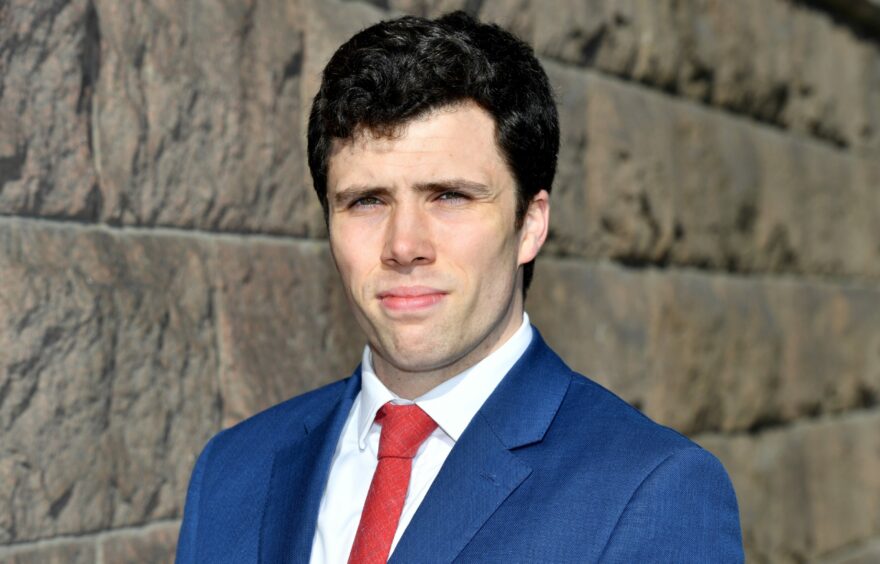The bidding process for the Eurovision Song Contest 2023 is well underway.
With applications due to close soon, the BBC has shared some further details on how they will be selecting the winner in the coming months.
All bidding cities will be judged on their capacity and capability to host an event of such a large scale and must meet the requirements set by the BBC and European Broadcasting Union (EBU).
Aberdeen is one of many UK locations to put itself forward in the hopes of being announced as the 2023 winner – but does the city meet all the requirements?
Read on for all the answers from the BBC to the frequently asked questions on Eurovision’s bidding process.
How do cities apply?
Each city’s local authority is responsible for applying and must get in touch directly with the BBC.
Aberdeen City Council has already confirmed it has applied as part of the bidding process.
Does it cost to enter a bid?
The BBC website states there is no charge to enter a bid.
However, each city can decide if it wants to incur costs to support its bid.
Back in June, Aberdeen councillors approved £30,000 for its application to host in 2023.
Who decides who will be the host city?
The selection of the host city for the 2023 contest will be determined by the BBC and the EBU, who organise the contest annually.
How does the process work?
It has been confirmed a two-stage process will be carried out to select the host city.
All potential cities must meet a set of minimum standards to show they have the capacity, capability and experience to an event of Eurovision’s “scale and complexity”.
Aberdeen and P&J Live has a track record of hosting major events including the BBC Sport’s Personality of the Year Awards, the biennial Offshore Europe conference and the Tour of Britain cycle race.
It will be up to the selection panel to determine whether these and others qualify Aberdeen as a suitable host.
What are the key requirements?
The final decision will be based on a city or region’s capacity and capability in meeting the BBC’s and the EBU’s requirements.
They will also look at the availability of resources and general experience in hosting a large and complex event.
Last year, the EBU’s host city criteria was based on providing a venue to accommodate at least 10,000 spectators as well as a press centre.
The venue also had to be within easy reach of an international airport and with “ample” hotel accommodation.
P&J Live is a big part of Aberdeen’s Eurovision plans and could be considered the perfect venue to host the event. It has a 15,000 capacity, reduced to 10,000 for all-seated events.
As the largest indoor arena in Scotland, it has more than enough space and is also only 1.6 miles away from the city’s international airport.
Will there be different rounds?
The BBC has confirmed there will be two rounds.
Once they have received all the applications, the cities will be put on a shortlist based on the requirements.
Will the UK Government have a say on who hosts it?
The BBC has said it “may consult” the UK Government during the process but ultimately it will be their choice, alongside the EBU.
It is not known whether the Scottish Government has any role.
When the host city be announced?
The BBC has said it expects the bidding process and following decisions to be completed in the autumn.
The successful host city will then be announced.



Conversation